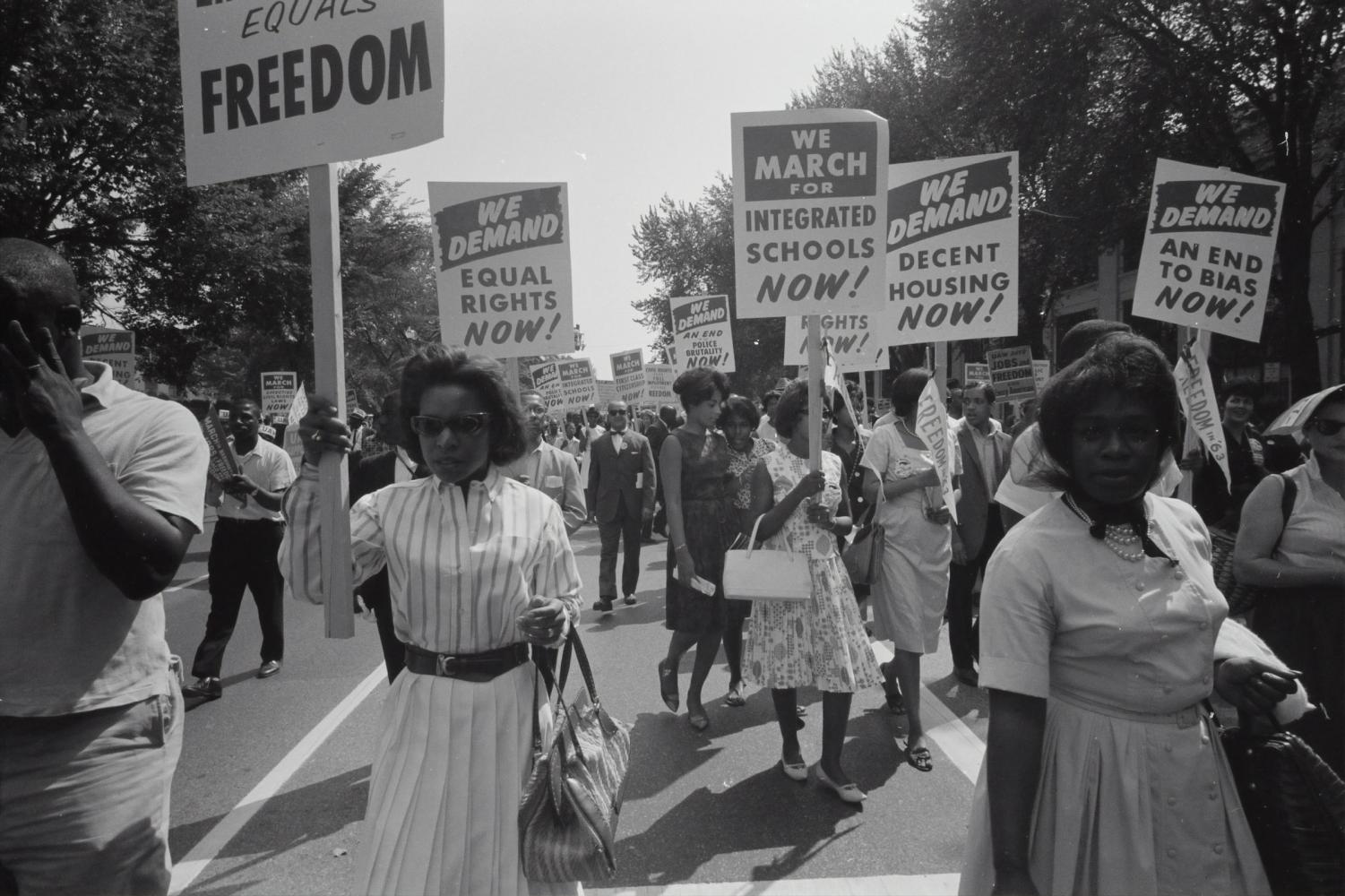Each February, the United States celebrates Black History Month. The month honors Black Americans—their history and their achievements. The month also allows a dedicated time to reflect on years of hardship, trial and injustice. It is a time to contemplate how far the country has come and identify the places that still need improvement.
Originally, Black History Month was a week-long celebration. The primary objective was “to promote and educate people about Black history and culture,” NPR reports, as “the idea wasn’t to place limitations but really to focus and broaden the nation’s consciousness.” The month of February was specifically selected because of Abraham Lincoln and Frederick Douglass’ birthdays.
Celebrating Black History Month ranges from hosting or attending parties, volunteering in the community, learning and discussing Black history, visiting Black-owned businesses and studying Black art and music. The Black community is a crucial fabric of society in the U.S.—without their sacrifice, contributions and achievements, there is no way the U.S. would be what it is today.
CELEBRATE UNITY
A major theme surrounding Black History Month should be unity. Dr. Ben Carson writes that while all of the achievements of Black Americans are shared by all Americans, “there are both triumphs and tragedies that have been specific to the Black experience.” Slavery, discrimination and other injustices often plague the Black community. The month should be about healing and unity for Black Americans—all Americans—rather than being decisive and political, Carson explained.
One example of growing racial unity amid a divided nation is based out of Charlotte, North Carolina. A predominately white church merged with a Black church with the goal of diversifying the local congregation. The Associated Press reports that the 2016 merger has helped the church grow and become a source of unity for the community.
REMEMBER AND IMPROVE
There is an aspect of remembering and an aspect of progress that must be involved in Black History Month. It is crucial to remember the grim history of injustice—remembering the past is vital in hopes to improve the future. From having to attend segregated schools and drink at different water fountains, Black Americans have undergone much separation throughout recent history.
Alveda King, Martin Luther King Jr.’s niece, said that “Black History Month should remind us that we should never forget our past, yet moving ahead, our focus must be on uniting as one America. When we put aside our differences—from faith to politics, and yes, even to skin color—we can come together to uplift our brothers and sisters, giving everyone an equal opportunity to achieve the American Dream.”
Remembering the hardships and struggles of Black Americans while celebrating their achievements and contributions to the world is what Black History Month is all about.












